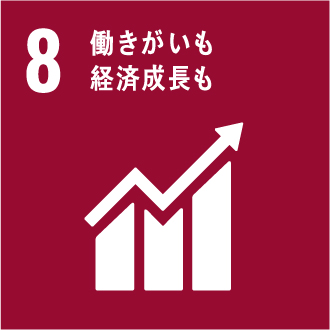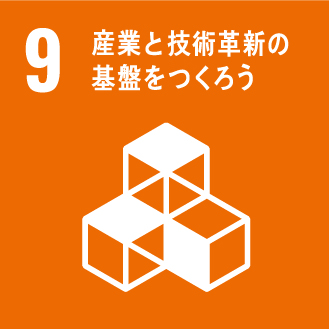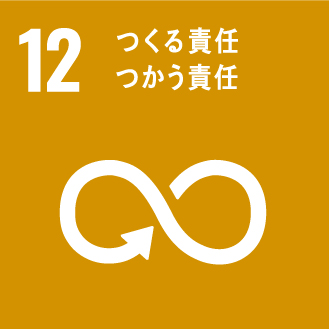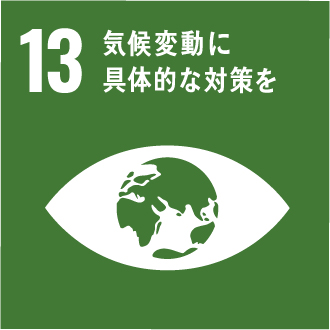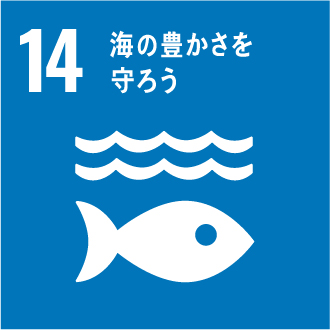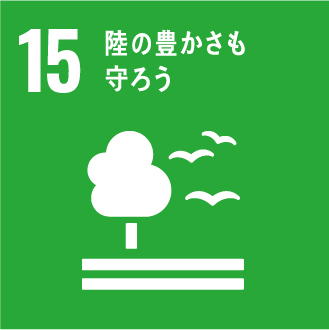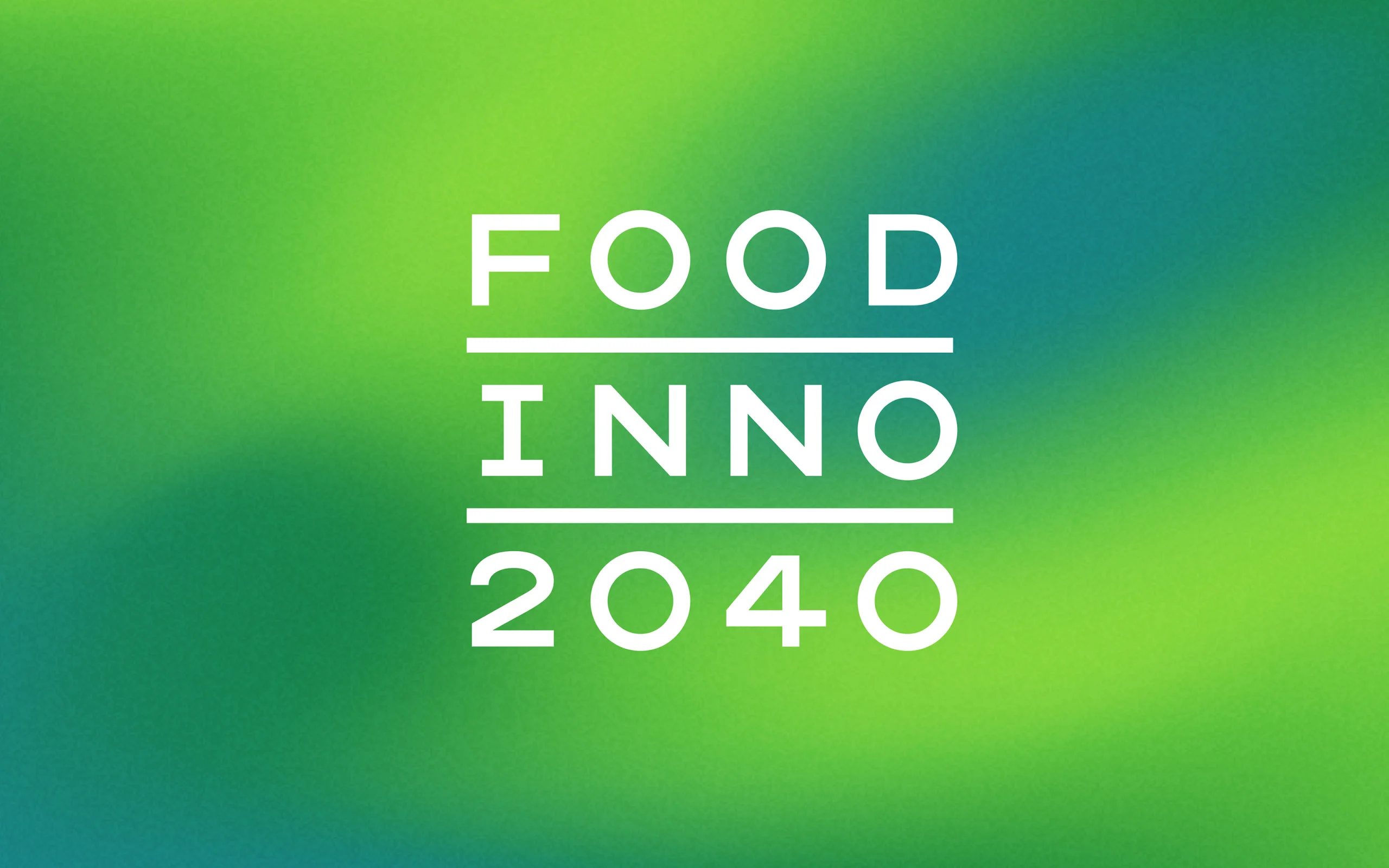
PROJECT
FOODINNO 2040
resultresultresultresultresultresultresultresultresultresultresultresultresultresultresultresultresultresultresult
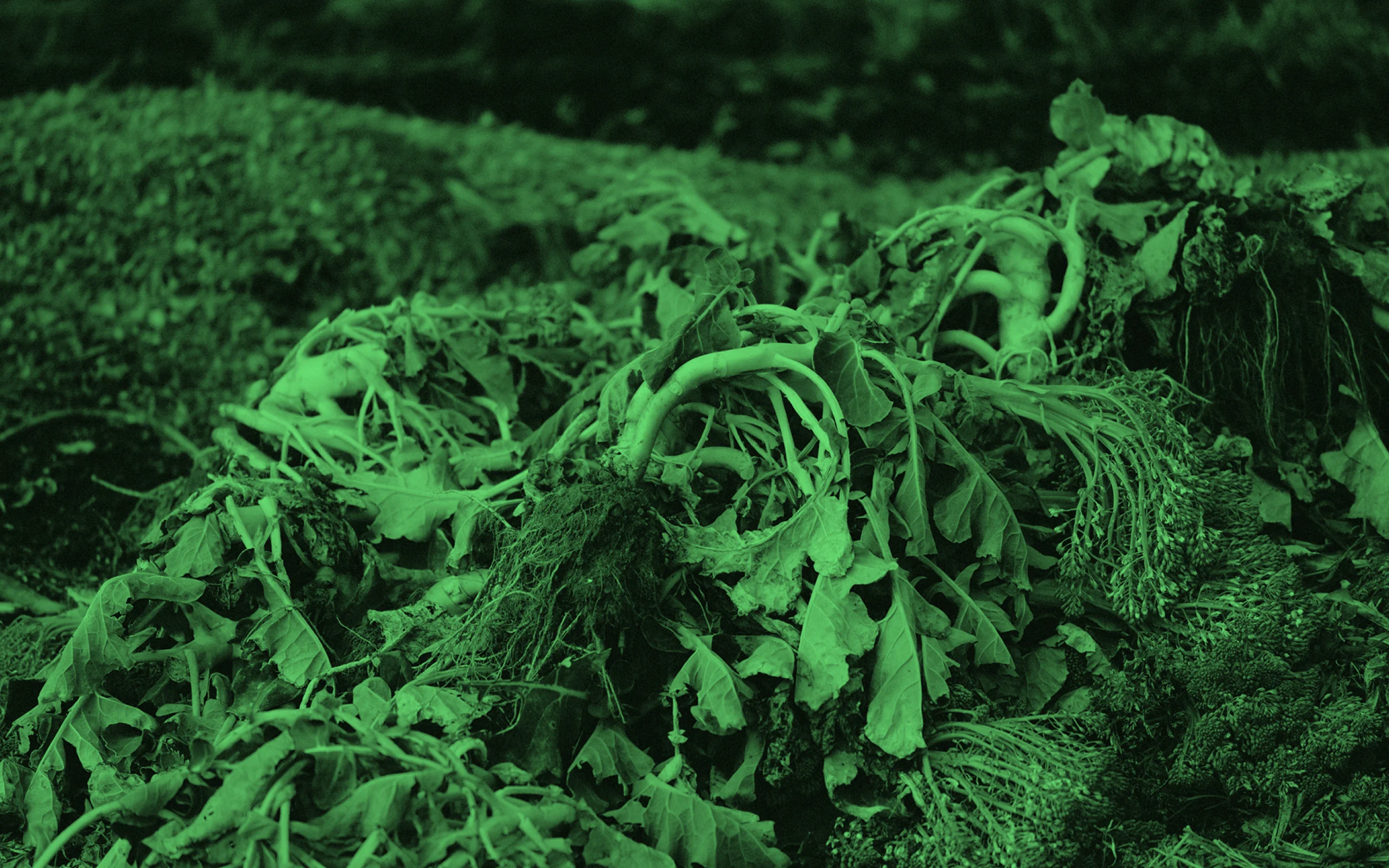
WHY
Is the primary sector of the future sustainable?
The future of food is essential for our health and well-being. However, this very future is at stake for the Japanese due to the country’s continuously declining birthrate and aging population, the rising global food demand, global warming, and climate change.
Japan’s primary industries have supported the food supply of the nation’s people. However, studies show the number of workers in Japan’s primary sector will likely decrease by half over the next ten to twenty years, including the farmers, whose average age is 67.9 as of 2022. The area of farmland in Japan is also steadily declining. Furthermore, the risks involved in procuring production materials and food, of which Japan has relied on imports to date, continue to worsen annually due to the growing food demand caused by the world’s population growth, unstable grain prices, and the decline in Japan’s international standing and purchasing power.
Greenhouse gas emissions from the food system, including chemical fertilizer production, food transportation, processing, retail, and waste disposal, are estimated to account for about a third of total anthropogenic emissions and are a major cause of climate change. At the same time, the primary sector is suffering heavy damage from recent extreme weather events. Furthermore, fears of a protein crisis (in which the demand for protein exceeds the supply) and other food-related issues continue accumulating. Amid this worsening situation, the primary sector requires food innovation to become sustainable.
Decrease in the number of key agricultural workers
Protein Crisis, where demand for protein exceeds supply
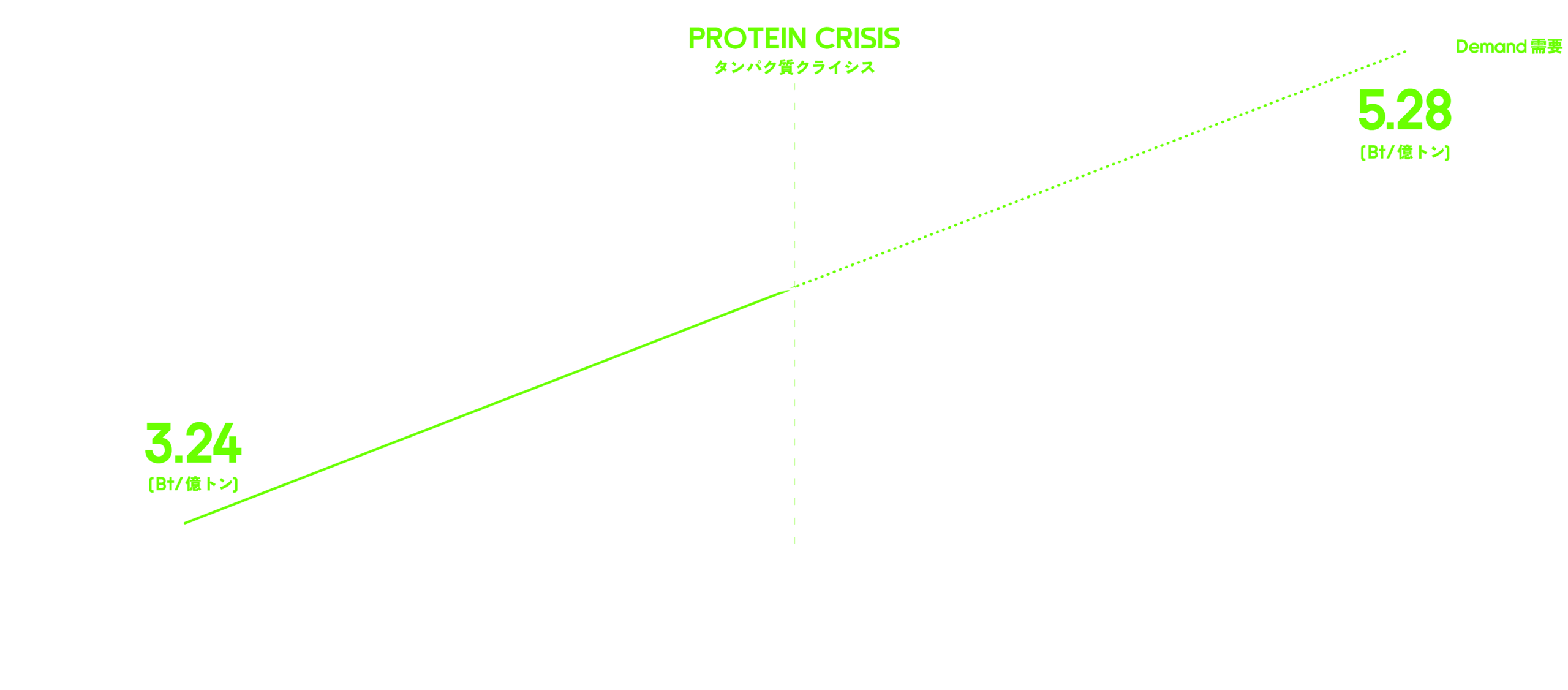
Agriculture, fisheries and food domain as a proportion of greenhouse gas (GHG) emissions
Trends in international prices of grains and other commodities

HOW
An incubator for backcasting the future of food.
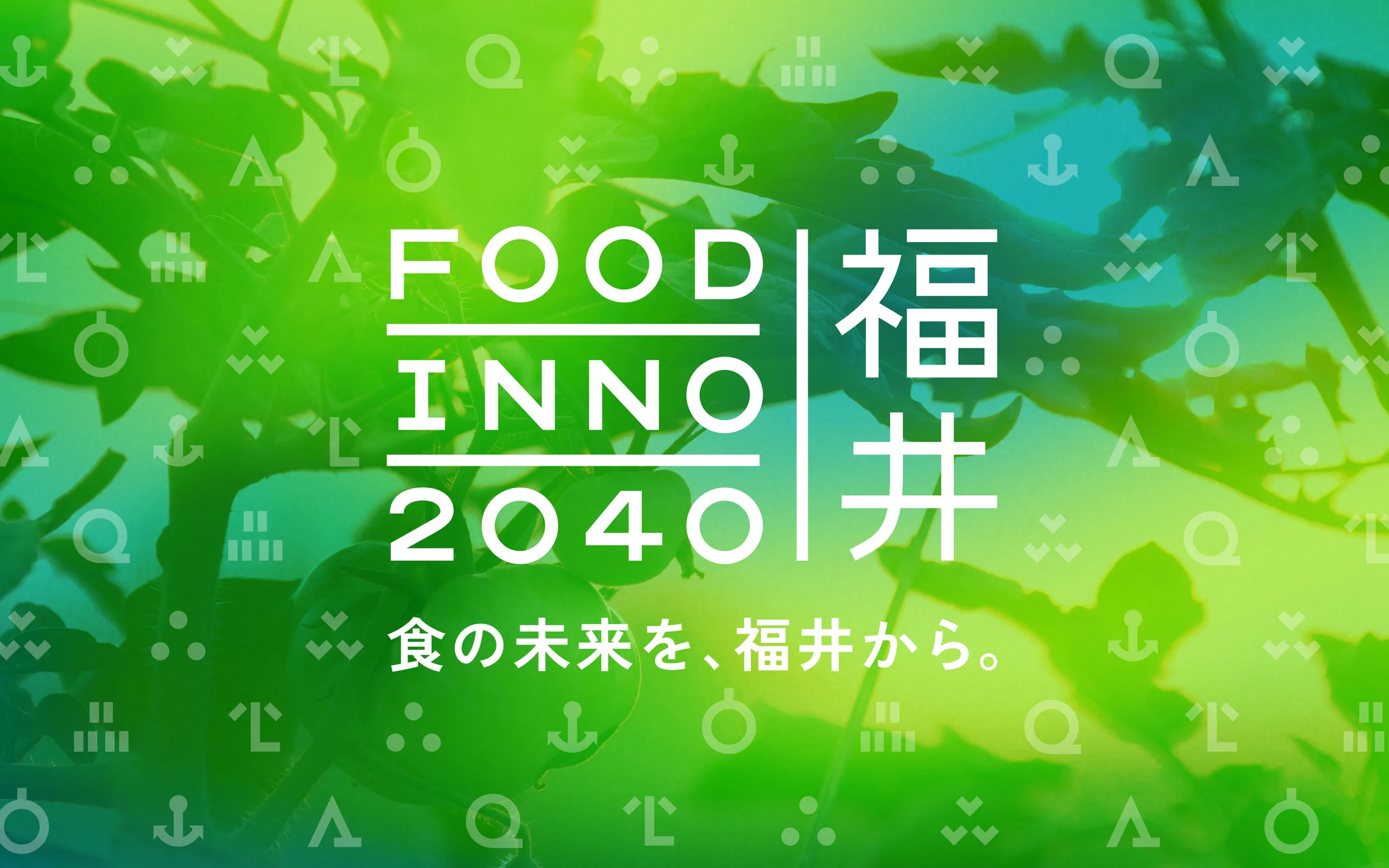
FOODINNO2040 Fukui is an incubation platform launched to create a sustainable food future for the region. We handled the project’s branding by deciding its name and concept and building its website. We coined its name by combining FOOD and INNOVATION and set its tagline to “The future of food, from Fukui.”
We chose the year 2040, which was mentioned in Fukui Prefecture’s long-term vision, and portrayed it as a “near future” people can concretely visualize. We then set the project’s mission to support business initiatives throughout Japan, specifically those with technologies and projects holding the key to solving future issues, using Fukui as a demonstration field.
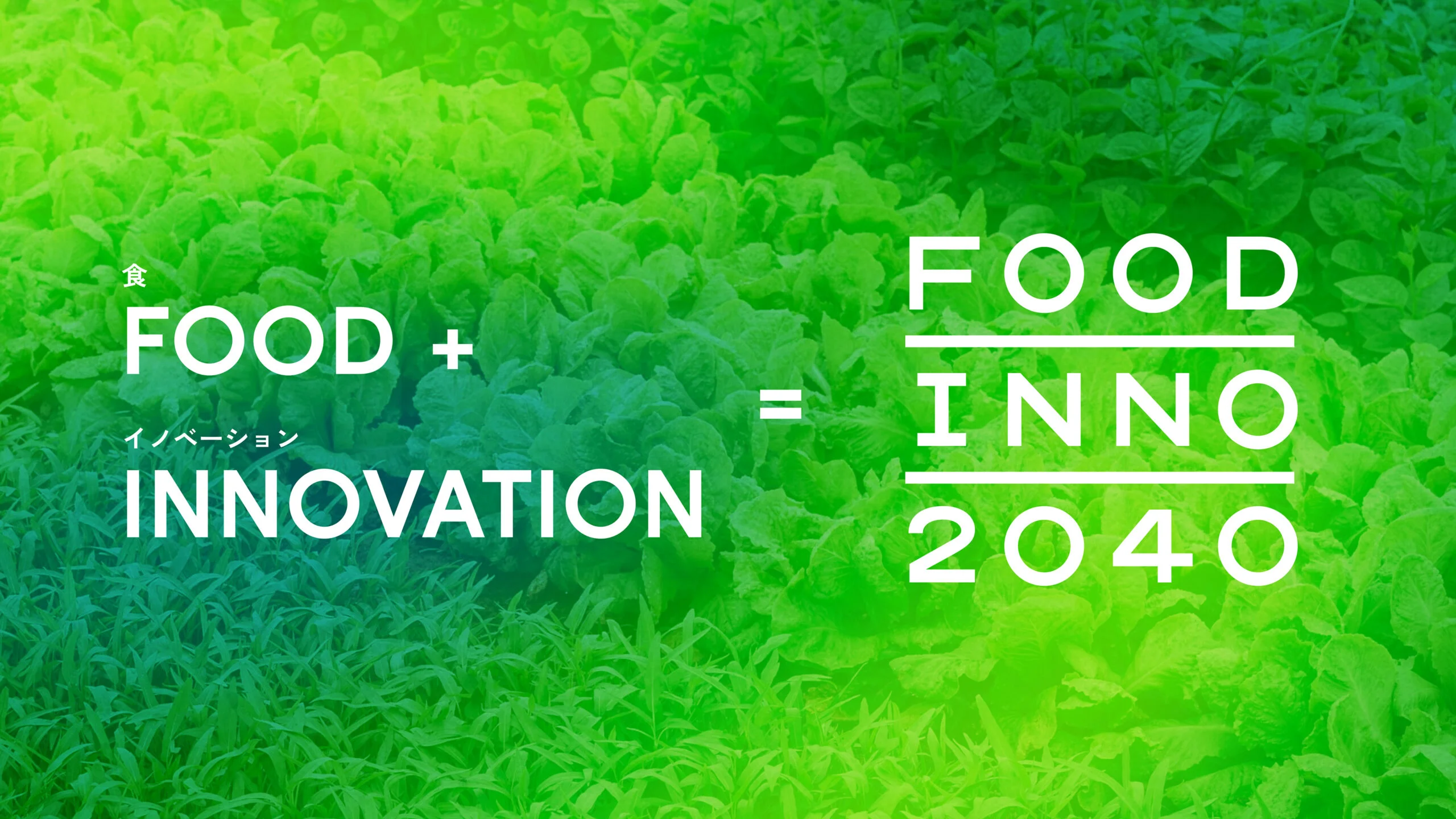
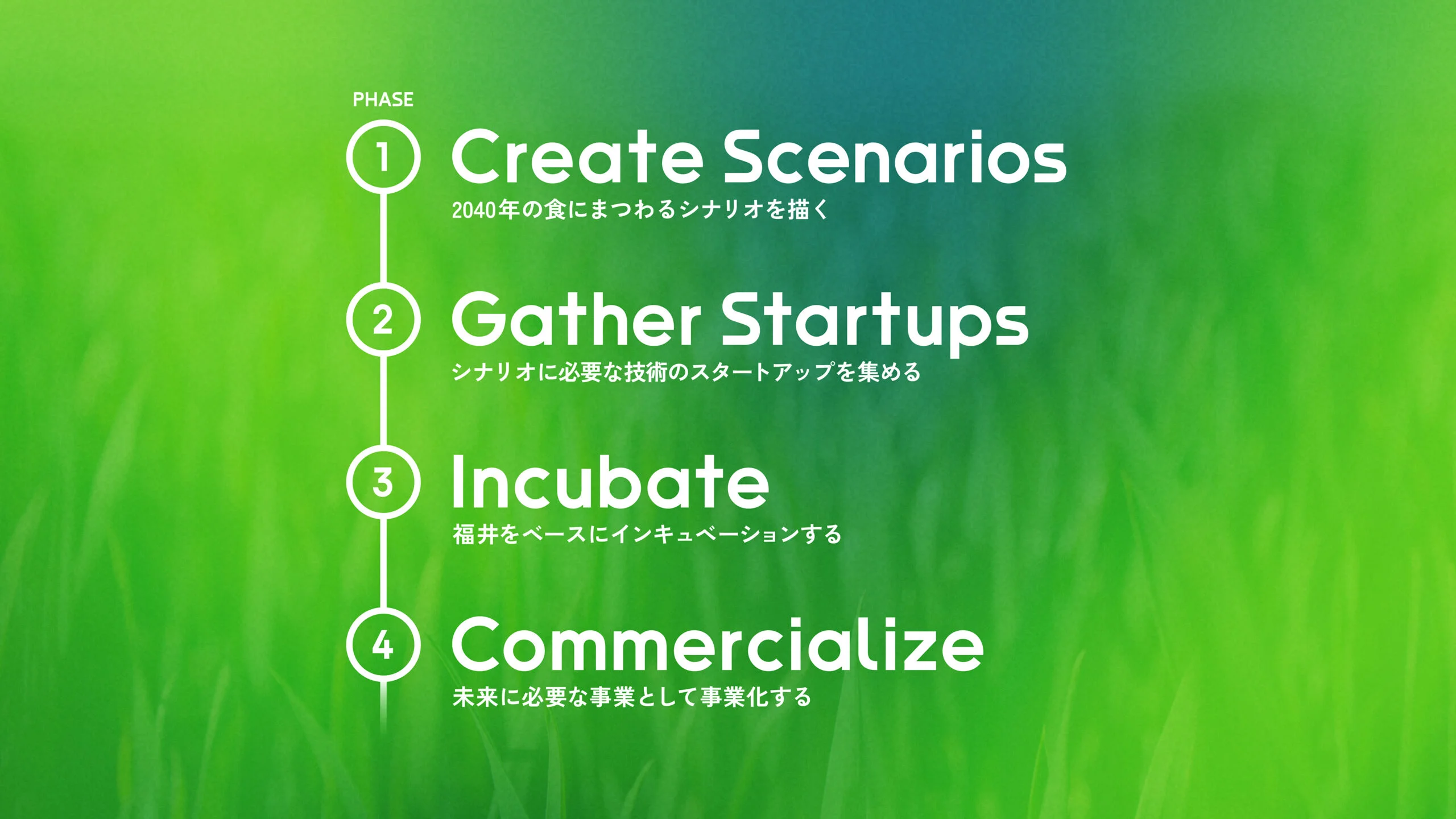
n designing the website, we summarized specific challenges expected in 2040, such as worker shortages in the primary sector, food/material imports, chemical fertilizer/pesticide usage, and more. We also created scenarios to convey the future of food with a sense of reality, depicting two food futures: one full of hope and another full of despair. We then solicited a wide range of advanced demonstration projects from businesses nationwide to help solve these issues.
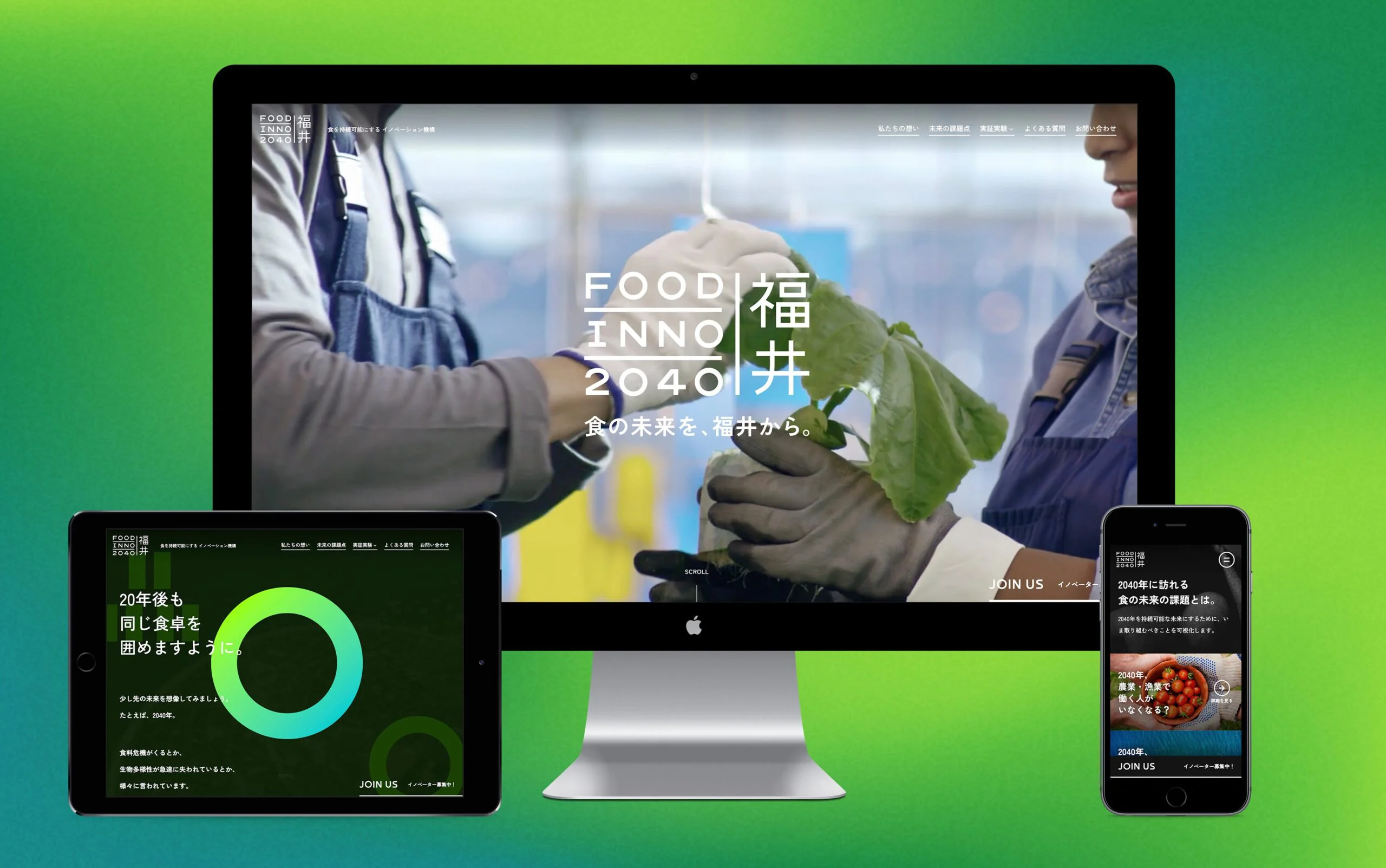
Since the project is about local food, we used map symbols related to primary industries as our main means of communication. These symbols include rice paddies, fields, orchards, and fishing ports. Since many of these symbols are circular, we effectively used a circle motif to design the logo and website. As for the project’s key color, we chose an organic, bright gradient to evoke a shining future for agriculture, fisheries, and food.
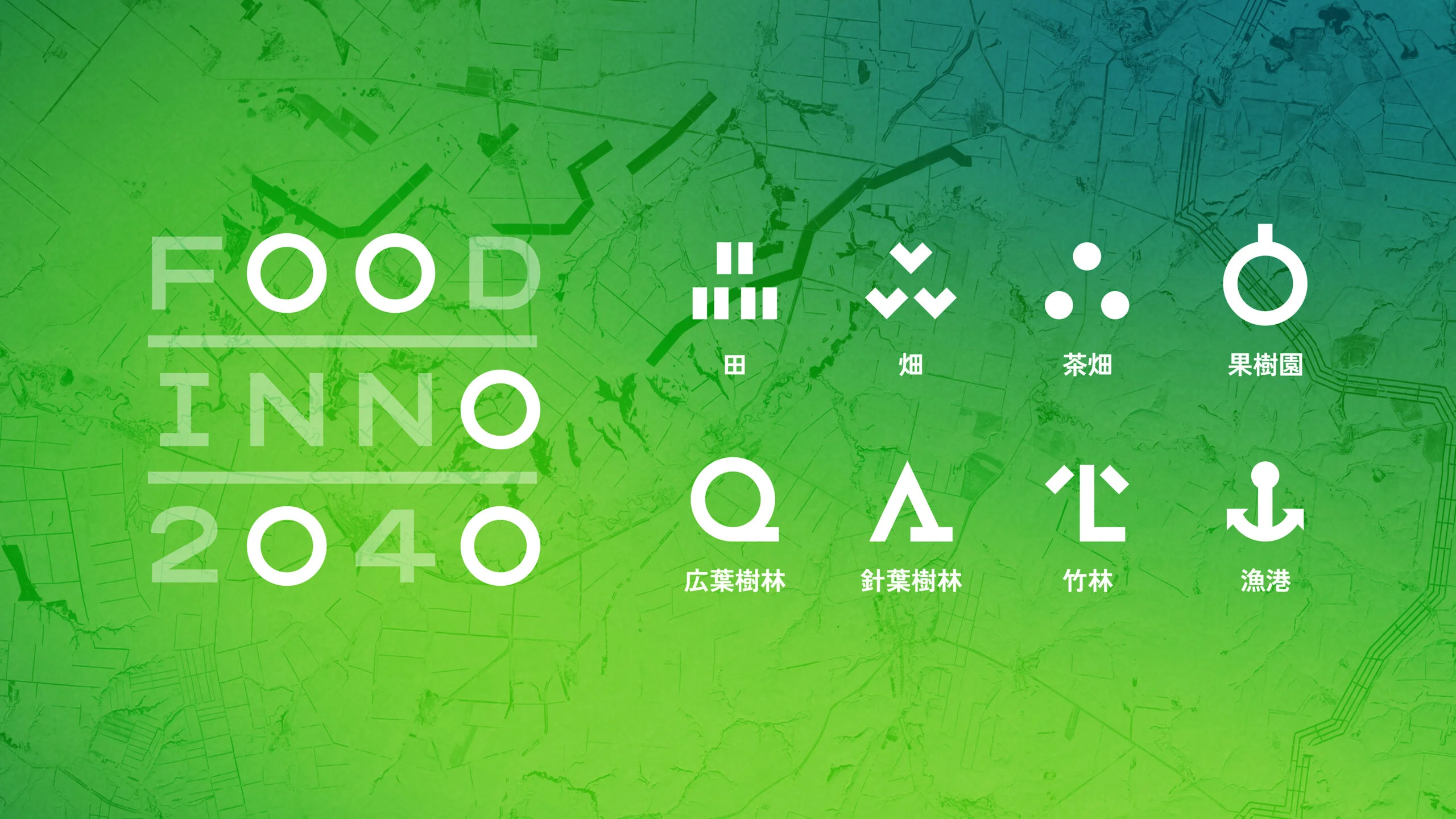
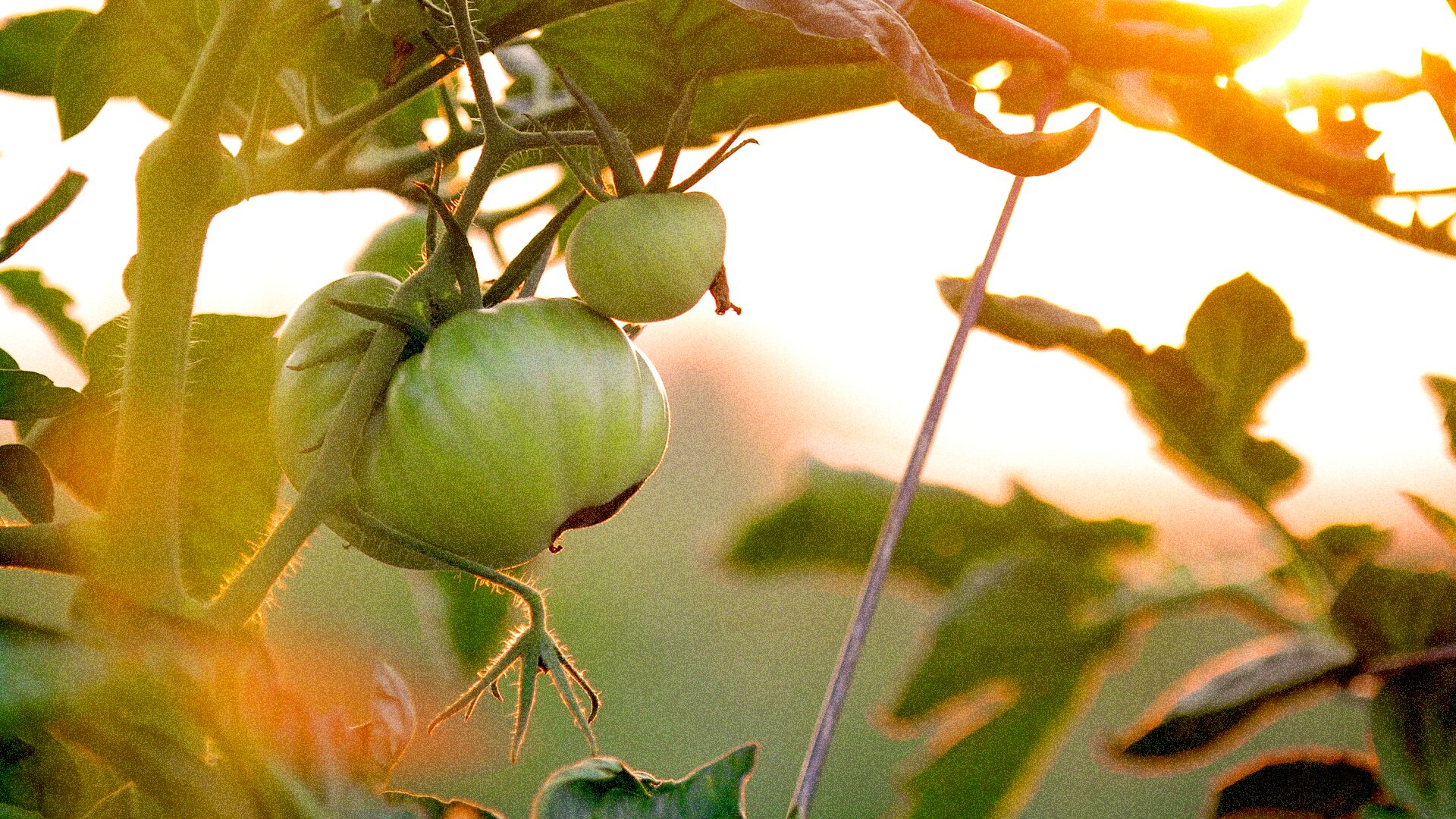
WILL
Nurturing a region that can produce delicious food for the future.
Food innovations that enable a sustainable primary sector will likely become booming industries in the future, such as those that implement robots, improve productivity via AI, and employ efficient aquaculture technology. We aim to use this incubation platform to attract many startup companies using Fukui as a demonstration field to solve future issues.
Commercializing food innovations from Fukui should also result in positive changes, such as a shift in the attitudes of primary industry workers and an increase in productivity. Even in the future, when the effects of climate change intensify, we hope to nurture a region that can sustain a rich primary industry capable of producing delicious food, eventually expanding this initiative to the rest of Japan.
INFORMATION
- What
- FOODINNO 2040
- When
- 2023
- Where
- Fukui, Japan
- Client
- SDGs
CREDIT
- Art Direction
- NOSIGNER (Eisuke Tachikawa)
- Graphic Design
- NOSIGNER (Eisuke Tachikawa, Moe Shibata, Ayano Kosaka, Yuta Horimoto)
- Management
- NOSIGNER (Eisuke Tachikawa, Kosuke Matsushima)
- Web Design
- NOSIGNER (Eisuke Tachikawa, Ryo Fukusawa)
- Development
